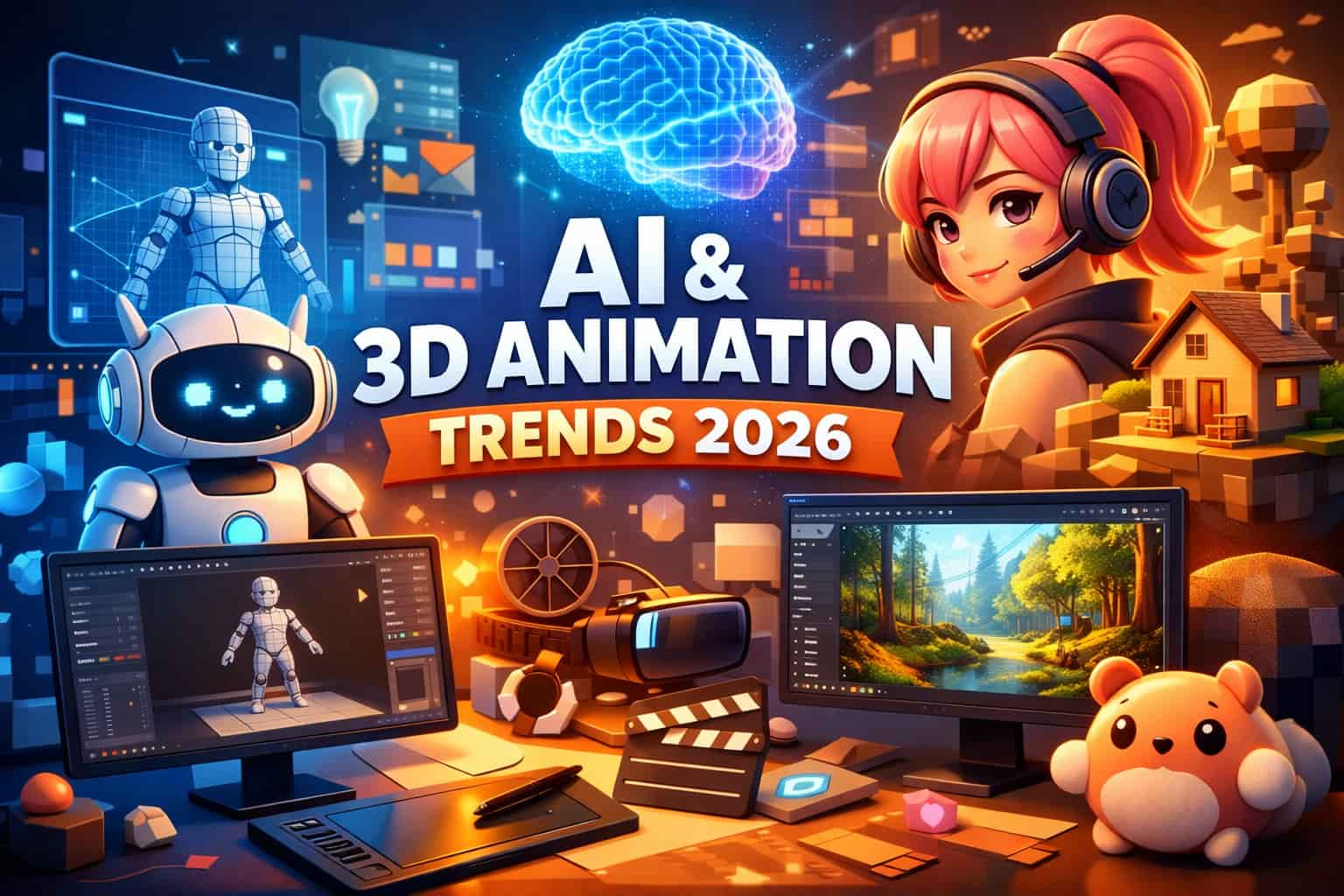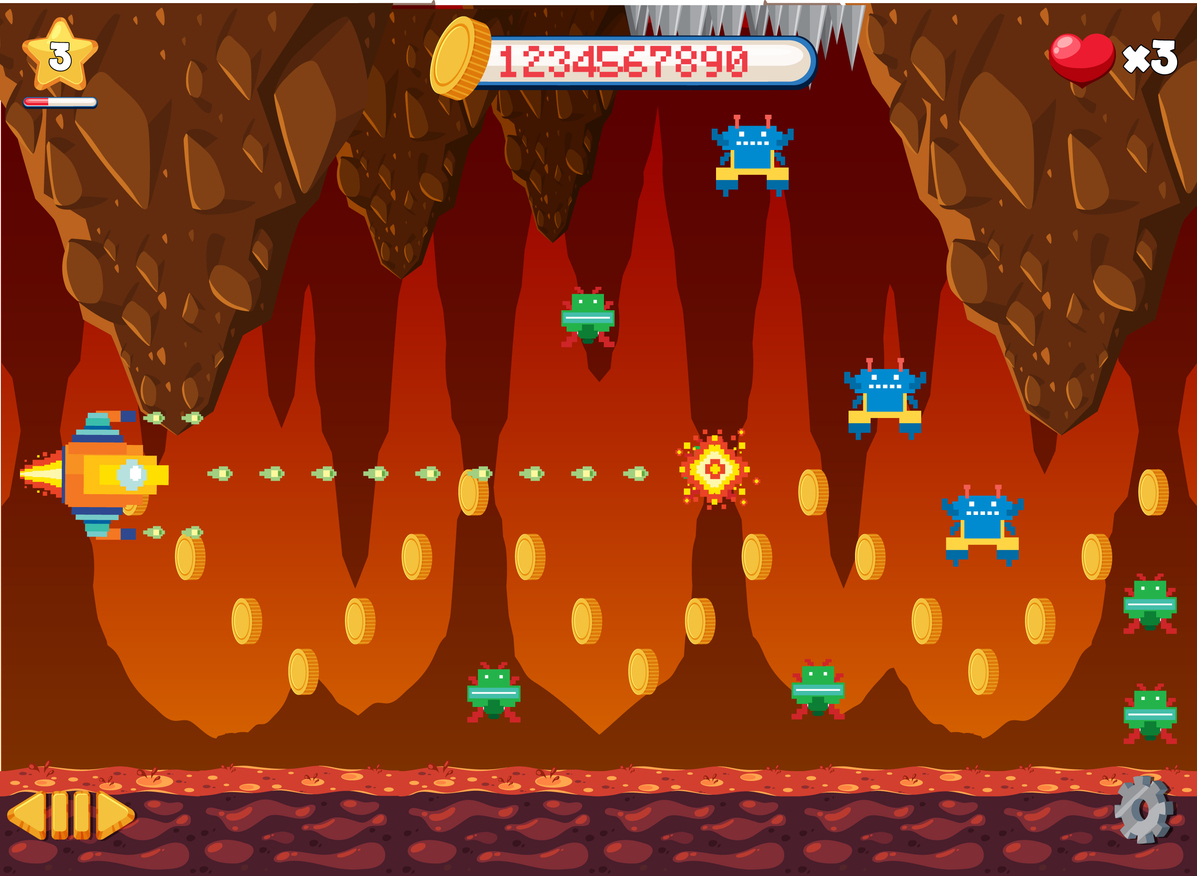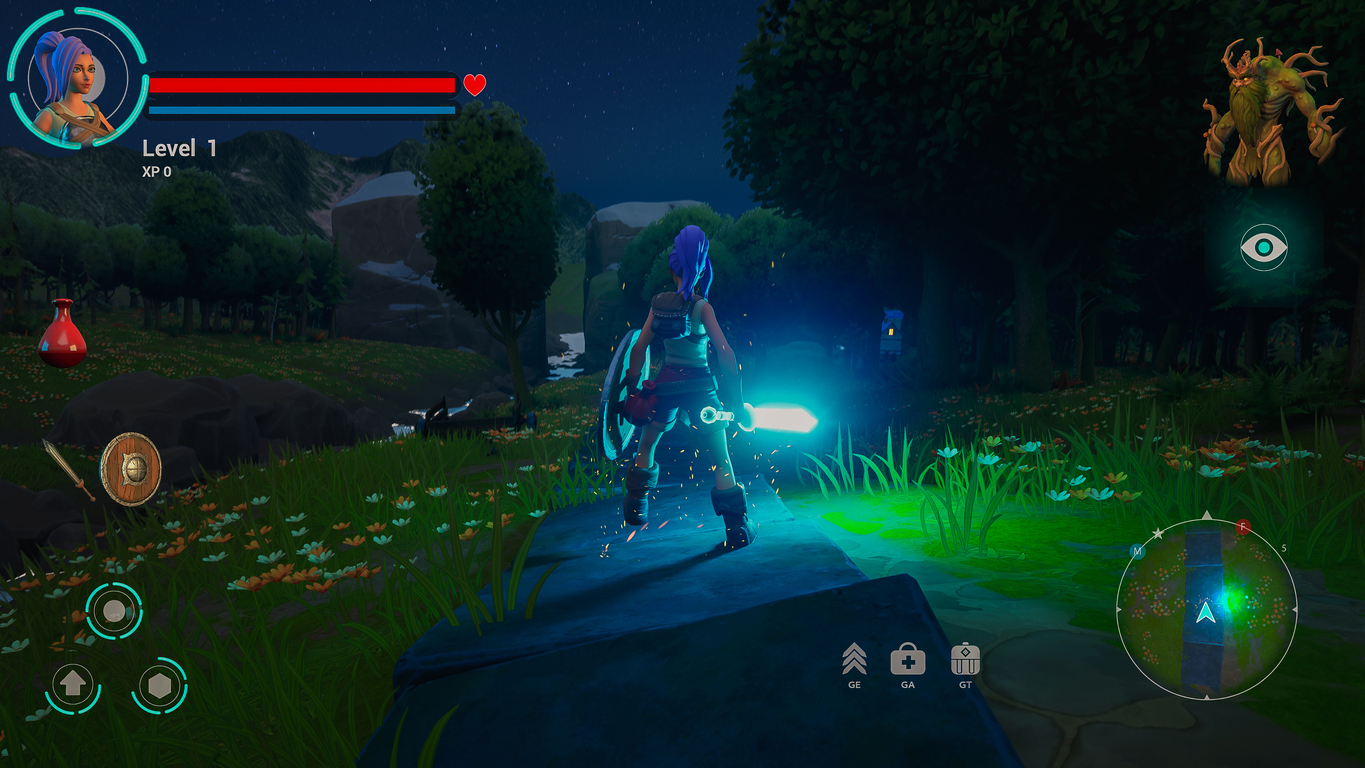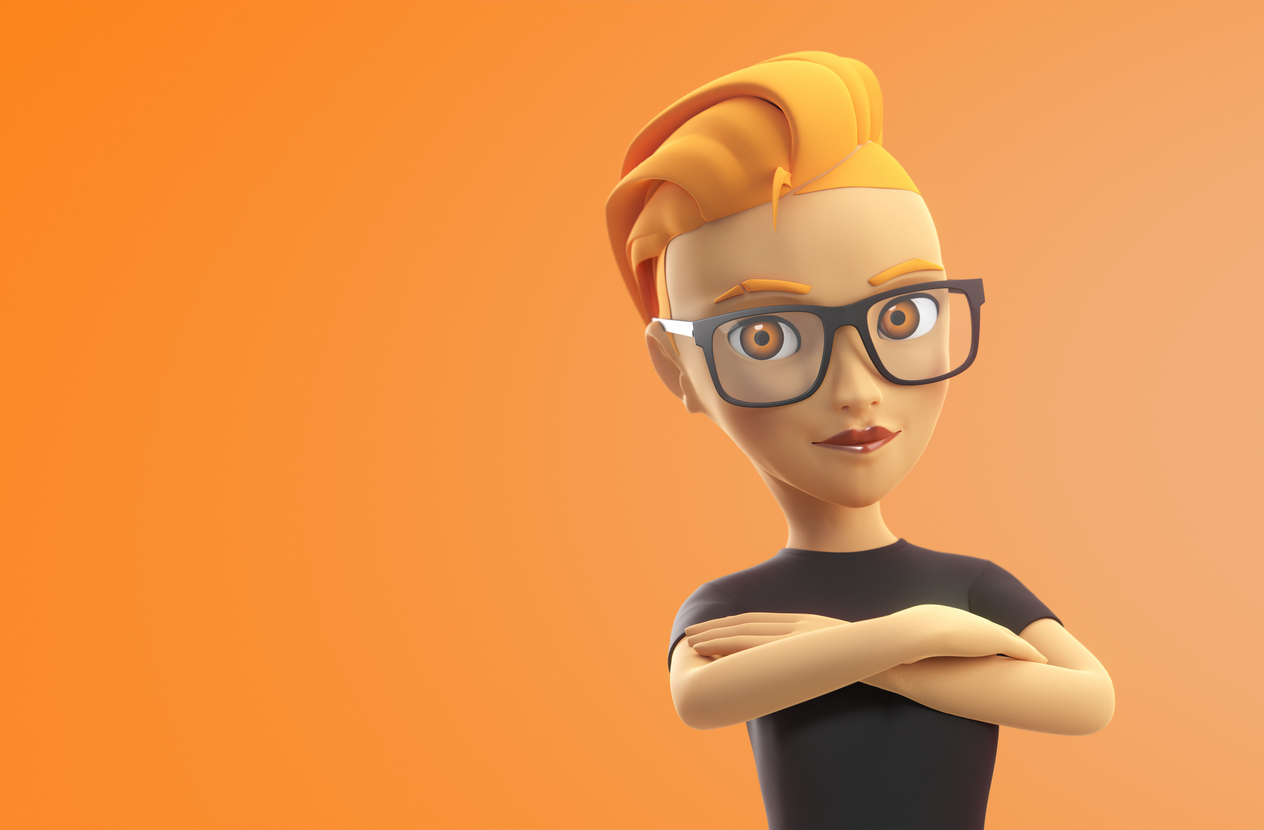In an ever-changing world where creativity, innovation, and adaptability rule, educational institutions must evolve to meet the demands of the modern student. Among the latest innovations in education, the modular learning approach stands out as particularly transformative, especially when compared to traditional term-based learning. Visual College of Art and Design (VCAD) is leading the way by embracing this exciting and student-centered model. Discover why modular learning is the future and why it’s the best choice for art and design students.
What is a Modular Learning Approach?
Modular learning transforms education into a series of immersive, self-contained units or modules, each designed to concentrate intensively on a single subject. Students delve deeply into one course at a time, building a thorough understanding of essential skills and knowledge before progressing to the next topic. The goal? To ensure students master each subject comprehensively, equipping them for real-world success. Modular learning is flexible, personalized, and adaptable, enabling students to engage fully with each topic, absorb information effectively, and tailor their educational journey to their individual needs.
Understanding Term-Based Learning
Term-based learning is the familiar model used by most institutions, where students take multiple courses simultaneously within set semesters or quarters. Students juggle competing deadlines, assignments, and exams across diverse subjects all at once. Though widely accepted, this model often contributes to increased stress, diluted focus, and challenges in achieving true mastery.
Modular vs. Term-Based Learning: What Sets Them Apart?
The differences between modular and term-based approaches are substantial:
-
Focused Learning: In modular education, students concentrate exclusively on one course at a time, allowing them to fully immerse themselves in the subject matter. This deep engagement enhances understanding, retention, and mastery. Conversely, term-based learning divides students’ attention across multiple subjects, which can dilute their focus, leading to superficial understanding and less effective learning outcomes.
-
Tailored Flexibility: Modular courses adapt to the unique learning speed of each student. Students who grasp concepts quickly can progress rapidly, while those who need more time can thoroughly understand and master challenging topics without falling behind. Term-based schedules, however, offer limited flexibility as students are required to follow a rigid timeline, which may not align with individual learning styles and paces.
-
Stress Reduction: Modular learning significantly reduces student stress by eliminating the overwhelming pressure associated with managing multiple courses and overlapping deadlines. Students can focus their energy on a single subject, resulting in a more manageable and enjoyable educational experience. In contrast, traditional term-based models often create anxiety and burnout due to simultaneous demands, adversely affecting students' academic performance and well-being.
-
Real-World Readiness: The modular approach mirrors the structure of real-world professional environments, where individuals typically handle one major project at a time, giving it their full attention and dedication. This intensive, focused engagement allows students to develop essential professional skills, including effective time management, deep concentration, and project management expertise. Term-based models, by contrast, often lack this direct alignment with real-world job expectations, potentially leaving graduates less prepared for professional challenges.
Why Modular Learning Triumphs: Four Key Advantages
1. Immersive Mastery: Diving Deep into Subjects
Imagine learning where your entire focus is directed towards mastering one skill or subject at a time. Modular learning encourages students to deeply engage with each topic, providing a thorough understanding and robust mastery. This approach empowers students to truly excel in their fields and build a solid foundation for future success.
2. Calm Minds, Clear Focus: Reducing Academic Stress
Say goodbye to juggling multiple deadlines and overwhelming coursework. Modular learning allows students to direct their energy towards one course at a time, significantly reducing stress levels. With improved mental clarity, students enjoy a more enjoyable, fulfilling educational experience, ultimately leading to better performance and overall well-being.
3. Personalized Learning Experiences
Everyone learns differently, and modular education recognizes and embraces this diversity. Students can progress quickly through subjects they excel in and spend extra time mastering challenging topics. This personalized approach boosts confidence, ensures a thorough grasp of the material, and prepares students comprehensively for professional careers.
4. Time Management Mastery: Preparing for the Professional World
By focusing intensively on single projects, students naturally develop excellent time management and organizational skills. Modular learning mirrors real-world work environments where deep, project-based focus is paramount. These practical skills are highly valued by employers, making modular learning ideal for career-focused education.
VCAD’s Modular Revolution: Innovating Creative Education
Visual College of Art and Design (VCAD) proudly leads the shift from traditional education to an innovative modular learning model. By adopting this fresh approach, VCAD demonstrates its dedication to providing superior, student-focused education tailored specifically to creative careers. Students enrolled in VCAD’s renowned Graphic Design, Interior Design, 3D Animation, and Game Development programs now experience the unparalleled benefits of modular learning. They can fully immerse themselves in industry-relevant skills, such as mastering Adobe Creative Suite or Autodesk Maya, without divided attention.
For example, students in VCAD’s Graphic Design Diploma now deeply explore foundational skills in Typography, Digital Illustration, and UX/UI Design one course at a time, resulting in superior skill mastery and impressive portfolio development. Moreover, this immersive approach allows students to create compelling, industry-ready portfolios, significantly enhancing their competitive edge in creative industries and job markets.
Setting the Standard in Art & Design Education
While many respected institutions remain rooted in traditional term-based models, VCAD is boldly pioneering modular learning, setting new standards in creative education. VCAD’s innovative, modular approach positions students to thrive creatively and professionally, distinguishing it as a leading choice for those passionate about art and design. Students at VCAD benefit from enhanced instructor engagement, personalized feedback, tailored mentorship, and vibrant peer collaboration within each module. These advantages collectively ensure students graduate with unparalleled mastery, mental resilience, exceptional time management, and impressive portfolios.
The future of education is here, and it’s modular. By transitioning from traditional term-based models to modular learning, institutions like VCAD are revolutionizing the educational experience, significantly enhancing student success and satisfaction. VCAD’s embrace of modular learning prepares students uniquely for successful careers in the creative industry, ensuring they graduate fully equipped with the skills, confidence, and expertise to excel professionally. Choose VCAD to experience the transformative power of modular learning where every student is empowered to thrive creatively and professionally.














